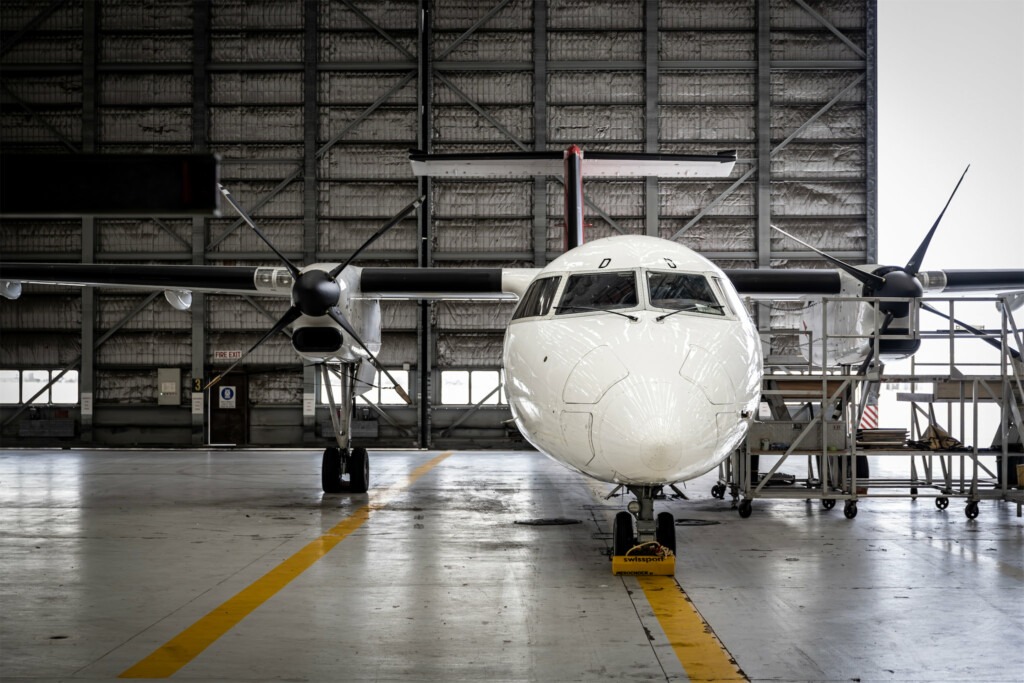
Before going into detail, it is worth noting that the there are two bodies responsible for setting the rules regarding recency – specifically ASQA and CASA. Both have their independent requirements, and unfortunately, this leads to some contradictions.
Firstly, we deal with the CASA requirements. The Part 66 MOS states under section 66.A.30(e) that “At least 1 year of the experience…must be recent experience…” (Reference: Part 66 MOS, Page 18).
Details on what is considered “recent experience are provided in the AMC/GM for Part 66 under section AMC 66.A.30(e) which states “To be considered as ‘recent experience’; at least 50% of the 1 year recent experience…must be gained within the 12-month period prior to the date of application for the licence. The remainder of the recent experience must have been gained within the 7-year period prior to application. (Reference: AMC/GM for Part 66, Page 30).
Furthermore, the Part 66 MOS section 66.A.30(ec) states that “The experience gained…must have been gained…during the 10-year period before the date of application for the licence or addition of the category, or subcategory, to the licence.” (Reference: Part 66 MOS, Page 18).
In summary, experience can be broken own into “recent” and “non-recent”. The following limits, from CASA’s perspective, can therefore be established:
- “Recent experience” must account for at least one year of total experience. Of this recent experience, the following applies:
- At least 6 months of the recent experience must have been gained within the preceding 12 months.
- The remaining recent experience must have been gained in the preceding 7 years.
- “Non-recent experience” can have been gained within the preceding 10 years.
- Any experience older than 10 years is thus considered invalid.
The above points can be addressed in with three simple questions.
- Has at least 6 months of your practical experience been performed within the last 12 months?
- Has at least 1 year of your practical experience been performed within the last 7 years?
- Has all of your practical experience been performed within the last 10 years?
If the answer to all of these questions is YES, then you have satisfied the CASA requirements.
Now, we can turn to the ASQA requirements. It is important to realise that practical experience is assessed through Units of Competency (UOCs).
Under ASQA, RTOs are required to ensure that their assessments comply with the “Rules of Evidence” as specified in the Standards for Registered Training Organisations (RTOs) 2015 available online from the Federal Register of Legislation. Table 1.8-2 (Rules of Evidence) states under “Currency” the following, “The assessor is assured that the assessment evidence demonstrates current competency. This requires the assessment evidence to be from the present or the very recent past” (Reference: Standards for RTOs (2015), Page 18). This leads to something of a grey area, as “recent past” has no defined time range. Ultimately, the responsibility lies with the RTO concerned to decide whether they accept provided evidence as sufficiently recent.
It would be reasonable to assume (but not legally binding in any regard) that the relevant technological advances (or lack thereof) may be a determining factor. For example, composite materials have had significant advances in recent years, and thus older practical experience may be rejected. By comparison, sheet metal techniques have remained largely unchanged for many decades and hence older evidence may be considered acceptable by some RTOs.
Now, an attempt to combine the two sets of rules into one. Since CASAs regulations are the more restrictive, it would be sensible to follow their limitations on recent experience. However, should an RTO deem recent experience not sufficient to demonstrate “current competency”, they may decide to request more recent experience.
A curious case then applies to the removal of licence exclusions. Recall from above that the Part 66 MOS section 66.A.30(ec) states that “The experience gained…must have been gained…during the 10-year period before the date of application for the licence or addition of the category, or subcategory, to the licence [emphasis added].” (Reference:Part 66 MOS, Page 18). Hence, the experience requirements are specifically referring to the application for a licence, or addition of category or subcategory, and do no mention exclusion removal.
It is fair to assume then that although the relevant UOCs for exclusions are decided upon by CASA, the rules of assessment fall exclusively under ASQA. Thus, any time limits imposed upon practical experience for any removal of exclusions should be evaluated purely from an ASQA perspective.
Note that “qualifications” typically fall under the ASQA umbrella, while licencing is directly controlled by CASA. If someone was applying for a Certificate II or IV in Aeroskills, or Diploma of Aeroskills, only the ASQA requirements would need to be met. However, when licencing is required, the CASA restrictions limitations apply too.
